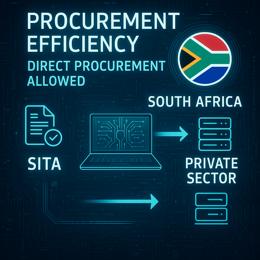Image: AI generated for illustration purposes
Presidency Clarifies Confidential Nature of Ministerial Performance Reviews
In an era where transparency in governance is a critical demand of the populace, the South African Presidency has taken a distinctive stance on the matter of publicizing the performance assessments of cabinet ministers. President Cyril Ramaphosa, represented by his spokesperson Vincent Magwenya, has established a clear separation between the internal constructive evaluation of his team and the public's call for accountability.
During a press briefing in Cape Town, Magwenya addressed a question regarding the public release of performance review outcomes, following the Democratic Alliance's (DA) rejected Promotion of Access to Information Act (PAIA) application. The primary concern brought about by the DA is the withholding of documents detailing ministerial performance from April to July. The DA insists on transparency, deeming such reviews public information, and plans to appeal the decision to keep the assessments undisclosed.
The rationale behind the Presidency's confidentiality is not to shirk responsibility but to protect the integrity of the evaluation process from becoming a weapon of political gamesmanship. By releasing detailed performance data, it is feared that the information would serve to subject individuals to partisan embarrassment rather than foster an environment of growth and improvement. Magwenya reiterated that the processes in place are designed to maintain a focused and efficient government, committed to executing the priorities laid out by President Ramaphosa.
The ongoing performance assessments are not a clandestine operation. They are regular engagements—reported to be as many as three this year—between the president and his ministers, aimed at reviewing progress on key government priorities. Where there are deficiencies, Ramaphosa's approach is to remedy and accelerate, rather than to publicly chastise.
Accountability, as per the Presidency, is not being circumvented. Cabinet ministers are already subject to public record through annual reports, portfolio committee hearings, and one of the most robust parliamentary oversight mechanisms in the region. The observed transparency in these processes, according to Magwenya, fulfills the government's obligation to its citizens. The confidential performance assessments are, in essence, characterized as in-house discussions, likened to those between any employer and employee, with the ultimate goal being the successful delivery of promised government services.
President Ramaphosa has expressed his unequivocal acceptance of responsibility for his administration's shortcomings. The confidentiality clause, as Magwenya points out, is not a route to avoid scrutiny but is a plea for the public to trust the built-in mechanisms for accountability. It begs the question of how the balance will be maintained between the need for internal constructive criticism and the public's right to scrutinize their elected officials' performance.










